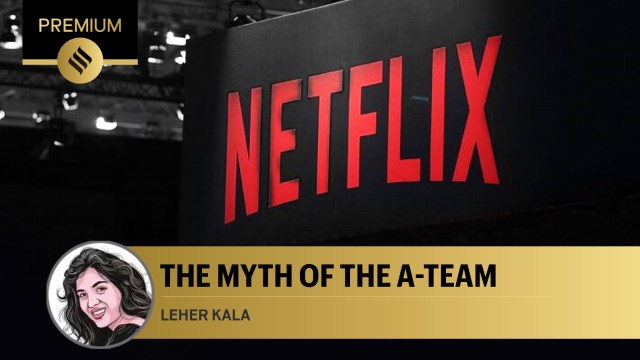
In his 2020 book No Rules Rules, Netflix co-founder Reed Hastings articulates the company’s philosophy, some of it wildly original and some controversially harsh. The craftily designed ‘Keeper Test’ they apply to hiring — If X wanted to leave, would I fight to keep him — asks employees to rate their subordinates regularly. When the answer is no, the response is brutal. Netflix gives four months’ severance and a replacement is found. Hastings appears to have contempt for the idea that companies can be run like large, happy families, and likens the Netflix process to the way sports teams are run; everyone’s on tenterhooks wondering if they’ll make the cut or be cast out. To their credit, there’s complete freedom for those deemed worthy after surviving the ‘Keeper Test’. No questions about clock-ins, long vacations or maternity leave (though one wonders who has the guts to avail of these privileges since anybody can be let go, at any time).
Recently, Netflix overhauled this famous culture memo with a disclaimer, “In reality, we encourage everyone to speak to their managers about what’s going well and what’s not.” The message, essentially, remains the same: slave away to success, or you’re toast. If this is the future of work, I can only shudder in gratitude that I’ll be retired long before this kind of reorganising becomes commonplace. Note to self: to encourage my kids to pursue entrepreneurship and save themselves from the toxicity of this kind of pressure cooker atmosphere. Perhaps, it’s an outdated idea to innocently believe creativity requires being relaxed and happy, not living in perpetual fear of being fired. It’s hard to imagine how employees get things done if they have to worry about their colleagues critiquing them. Or is it that market forces deem this Darwinian approach necessary to stay ahead of the game?
A bewildering stream of newbies constantly flooding the office is entirely in keeping with this generation’s frustrating obsession with optimisation and FOBO (Fear of Better Options). It’s the stuff of fantasy, to try and weed out every under-performer in a team in favour of some untested superhero. Chasing perfection is a foolhardy enterprise, destined to fail. Tinder, only by virtue of sheer, available numbers, manages to be convincing that someone sexier is one swipe away. It may still work in romance, but writing off people work-wise so quickly doesn’t acknowledge the fact that even the most brilliant among us are mediocre a lot of the time. Every painting Van Gogh made wasn’t as fabulous as Starry Starry Night. Nobody remembers the U2 albums before Joshua Tree. An individual’s performance in an organisation depends on so many other factors than their efforts alone, like where the company’s at, and the overall marketplace.
It’s debatable if all this painstaking effort at improvement has dramatically improved user experience, or skewered the competition. Like most people, Netflix too, falls somewhere in the middle.
The writer is director, Hutkay Films